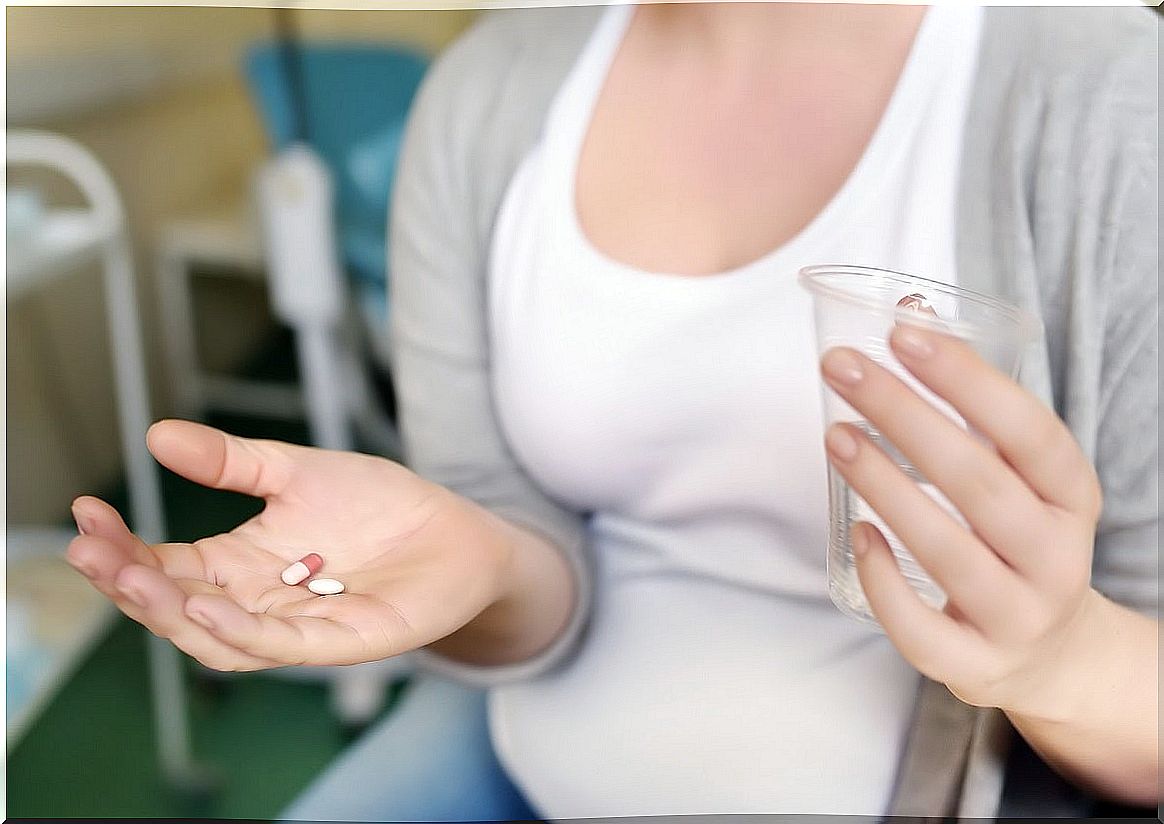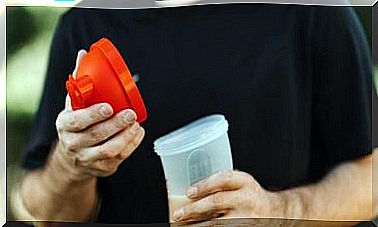Gastritis In Pregnancy: What Can I Take?
Gastritis in pregnancy, as in any other woman who is not pregnant, is relatively common. However, its treatment requires more caution, since not all drugs used to control it are suitable for pregnant women.
There are a large number of drugs that are contraindicated during this stage, as they can affect the development of the baby. In addition, many others have not yet been studied sufficiently and, therefore, their effect on the fetus is unknown.
Therefore, whenever you want to manage the symptoms of this condition, special care must be taken. Next, we briefly detail how to handle it in case of being in the gestation period.
What is gastritis in pregnancy?
The term gastritis refers to the inflammation of the lining of the stomach. In reality, this situation can be caused by numerous underlying diseases. For example, from an infection or from certain medications that irritate the stomach.
When it occurs during the first months of pregnancy, its symptoms tend to be confused with those that occur at this stage. Thus, it is possible to experience nausea, vomiting, a feeling of fullness and burning in the upper part of the stomach.
In most cases, the episode occurs as a result of an infection. In particular, the bacterium called Helicobacter pylori is the one behind this problem. However, it should be noted that this bacterium is present in a large part of the population, but only a low percentage develop gastritis.
Meanwhile, the drugs associated with the development of this condition, both in pregnancy and under normal conditions, are analgesics. Some non-steroidal anti-inflammatory drugs, such as ibuprofen, have a high risk of producing it. The same is true for aspirin.

What treatments are there for gastritis in pregnancy?
Before we start talking about medical treatment, it should be noted that there are some options to alleviate the symptoms of gastritis in pregnancy. They are a series of simple measures that do not carry any risk.
- First of all, irritating foods should be avoided. For example, foods that are spicy or very high in fat, such as fried foods. In addition, the ideal is to eat smaller and more frequent meals. This way the digestion will not be so heavy.
- Alcohol is another risk factor for developing gastritis. In addition, we must remember that this substance is contraindicated in pregnancy. Therefore, it is essential to stop drinking.
- The same goes for painkillers. It is recommended to always consult with your doctor before taking any type of pain reliever at this stage. If necessary, the ideal is to replace any pain reliever with paracetamol.
Usual treatment of gastritis
There are several treatments available to control gastritis in stages other than pregnancy. In the first place , if everything indicates that the cause is a Helicobacter pylori infection , a treatment with antibiotics is prescribed.
On the other hand, proton pump inhibitors are frequently used. They are medicines that reduce the production of acid in the stomach, thus helping to relieve symptoms. Some examples are omeprazole or lansoprazole.
The same happens with H2 antihistamines; they reduce the production of acid, although their mechanism of action is different from the previous ones. In this group we find cimetidine.
Treatment of gastritis in pregnancy

Many of the medications that we have just mentioned are contraindicated in pregnancy. First, omeprazole has been shown to be teratogenic in animals. This means that there is a significant risk of causing malformations in the fetus.
However, it has not yet been proven. Furthermore, there is also no scientific evidence that this happens with all proton inhibitors. Still, because the risk is high, they should be avoided in gastritis in pregnancy.
Something similar happens with H2 antihistamines. Therefore, what is recommended in this situation are antacids, such as aluminum salts or magnesium. The truth is that gastritis is usually a mild and self-limited pathology, so it does not have to be strictly necessary to treat it.
In any case, it is best to arrange a treatment with the doctor, without falling into self-medication. It must be remembered that any improper substance can trigger negative effects on the development of the baby. Therefore, the professional’s instructions must be followed to the letter.









